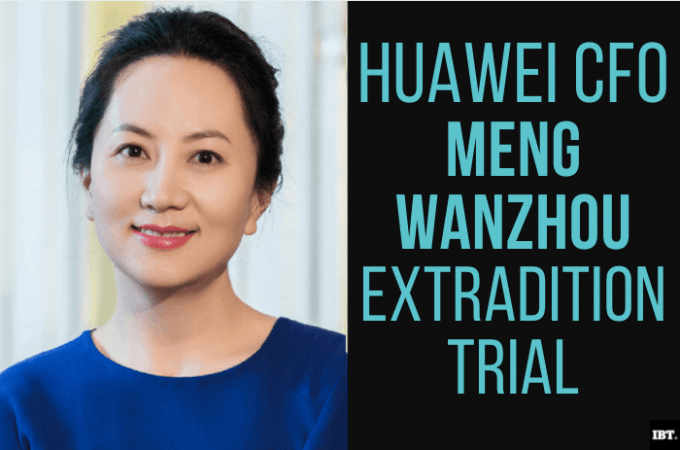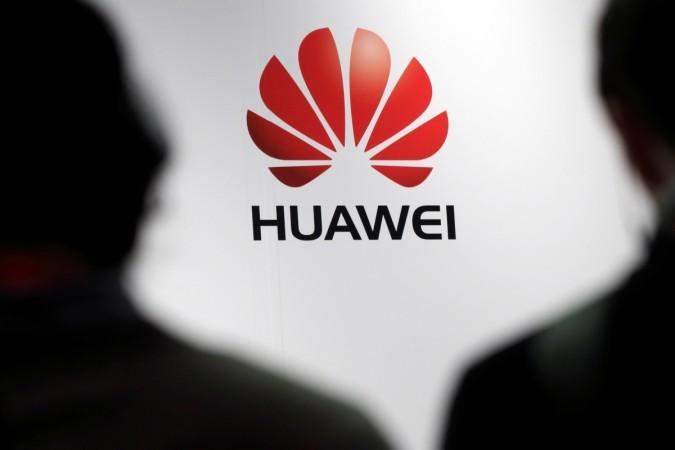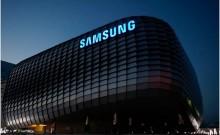With the US-China conflict charging the headlines ever since the powerful countries engaged in a serious war of words and trade restrictions, Canada is now in the spotlight for its growing tensions with China. Centered around the extradition trial of Huawei's chief financial officer Meng Wanzhou, who is also the daughter of Huawei's founder Ren Zhengfei, China and Canada's diplomatic relations are on a rift.
In a major blow to the Chinese tech giant Huawei, Canada court has refused to shut the extradition case of Meng, allowing it to proceed. Associate Chief Justice Heather Holmes, in a 23-page ruling, said the case merits the threshold of double criminality, which means the charges would be crimes in both US and Canada at the time of arrest in December 2018.
The US wants Meng to stand trial on the charges of an alleged violation of US sanctions against Iran.

Diplomatic rift between China and Canada
Meng's extradition case has been a sensitive subject for Canada-China relations. The Chinese government has many times asked that Meng be released and returned safely back to China or warned of diplomatic tensions between the countries.
BBC reported that a Chinese foreign ministry spokesperson said Canada "should immediately correct its mistake, release Meng and ensure her safe return to China at an early date so as to avoid any continuous harm to China-Canada relations."
China has made many retaliation efforts to force Canada to bow to its demands by arresting two Canadian nationals. The detained individuals, Michael Kovrig, a former diplomat, and Michael Spavor, a businessman, are accused of espionage. China has even accused that the Meng case is a political prosecution by the US.

What's next for the case?
This might be a major blow to the case, but there's a long road ahead. The second hearing, scheduled for next month, will focus on the allegations of abuse of power and if the Canadian officials followed protocol while arresting Meng. Meng is currently placed under house arrest and even if the court orders her extradition to the US, there's a lengthy process in place, which could take a few years at the least.
How it all started?
The United States ordered the arrest of Meng for allegedly covering up Huawei's links to sell equipment to Iran, which violates US sanctions against the country. Following Meng's arrest in Vancouver, China demanded and later threatened for her release. This has resulted in altered policies between the two countries.













